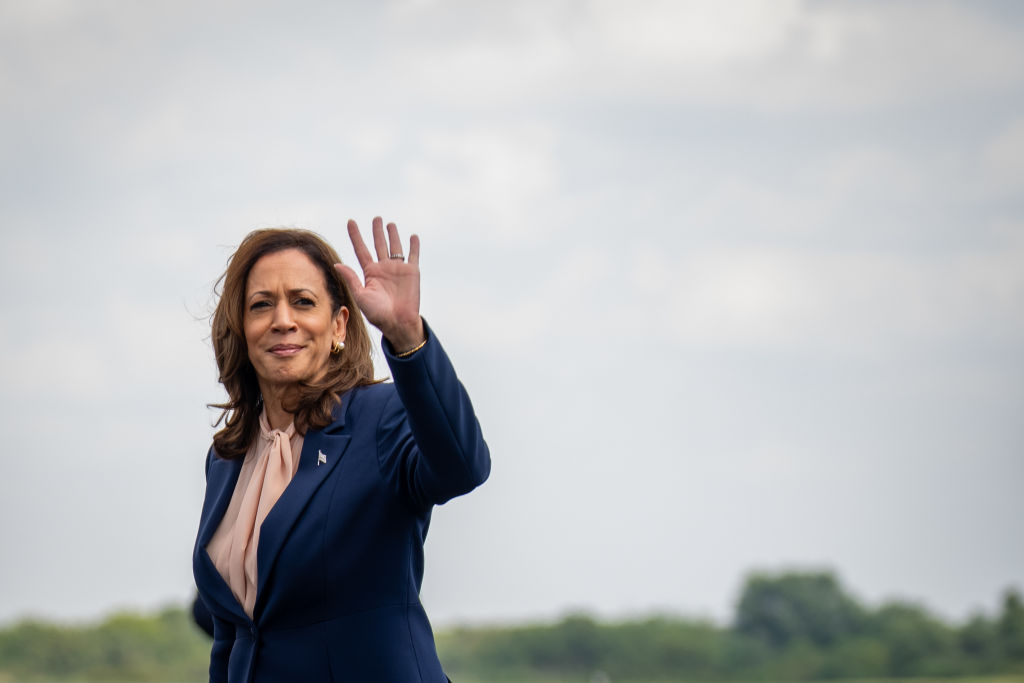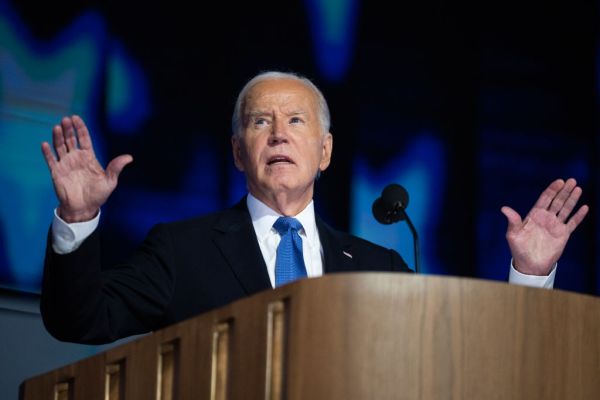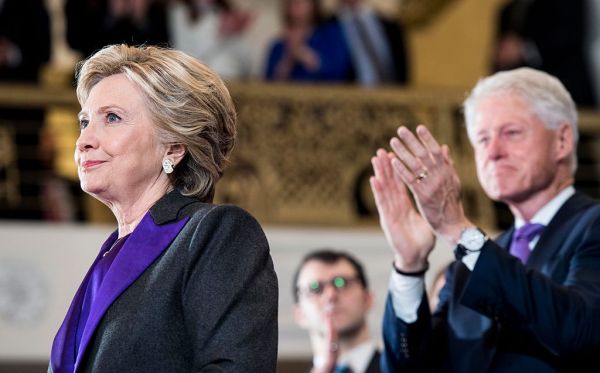A Facebook reel that’s been shared more than 4,500 times claims that “Kamala Harris wants to confiscate patents owned by individuals and companies for their products,” and includes a video snippet that shows Harris saying, “I will snatch their patent, so that we will take over.”
The video is genuine: It was taken from C-SPAN coverage of a Harris event during the now-vice president’s 2020 Democratic primary bid. But the clip is truncated to exclude critical context. Then-Sen. Harris was referring specifically to the potential for seizing some pharmaceutical patents in limited circumstances in an effort to implement price controls for specific drugs.
The video snippet comes from a November 2019 Harris campaign rally in Muscatine, Iowa, where Harris spent one hour at a local brewery talking and taking questions from voters. At one point, Harris responds to a supporter to explain her plan to lower the cost of insulin prescriptions. “Essentially what we’re going to do is set drug prices so that American consumers are charged a price for drugs that is the average price that is being charged around the globe,” Harris said. “For any drug where they fail to play by our rules—and if that drug came about because of federal funding for what is called R&D, research and development—I will snatch their patent so that we will take over.”
While the government does not have the ability to seize privately owned patents for itself per se, certain conditions—including projects developed with the help of federal funds—permit the government to license the patent to a different entity. “The Biden-Harris Administration believes taxpayer-funded drugs and other taxpayer-funded inventions should be available and affordable to the public,” the White House said in a statement from December 2023. “When an invention is made using taxpayer funds, under certain circumstances march-in authority under the Bayh-Dole Act enables the federal government to license the invention to another party.”
What is the Bayh-Doyle Act—the law from which the White House derived its “march-in” authority to distribute patent licensing rights to other groups? As Megan Stewart previously explained in The Dispatch
It allowed the private sector to retain patents for innovations that received federal funding. These recipients—which include businesses, universities, and nonprofits—had to abide by certain stipulations. Among them, the government retained its right to “march-in” if a product was not being offered to the market on “reasonable” terms.
Bayh-Dole sought to encourage small business innovation and increase competition. However, it never addressed the government enforcing reasonable prices, and Sens. Birch Bayh and Bob Dole stated in 2002 that “reasonable terms” was not a euphemism for price controls. Instead, they emphasized the need for price competition.
However, the Biden-Harris administration has sought to change this. In December 2023, the White House proposed a revised rule that would allow the government to invoke its patent march-in authority on “the sole basis of pricing,” including as a mechanism to enforce price controls for drug products developed with the use of federal funding.
Harris did not outline any other scenarios in which she supported patent confiscation, and mentioned the proposal only within the context of enforcing price controls for American drug consumers.
Harris has moderated or walked back several positions she took during her 2020 run for the Democratic nomination, including her opposition to fracking and support for “Medicare for All,” but whether she still advocates to use patent forfeiture as a means to control prices is unclear. Last week, Harris issued a statement about lowering prescription drug prices through the Medicare price negotiation program but made no mention of patent confiscation.
The Dispatch Fact Check has reached out to both the vice president’s press office and her campaign requesting a comment. We will update the piece if we receive a response.
If you have a claim you would like to see us fact check, please send us an email at factcheck@thedispatch.com. If you would like to suggest a correction to this piece or any other Dispatch article, please email corrections@thedispatch.com.










Please note that we at The Dispatch hold ourselves, our work, and our commenters to a higher standard than other places on the internet. We welcome comments that foster genuine debate or discussion—including comments critical of us or our work—but responses that include ad hominem attacks on fellow Dispatch members or are intended to stoke fear and anger may be moderated.
With your membership, you only have the ability to comment on The Morning Dispatch articles. Consider upgrading to join the conversation everywhere.